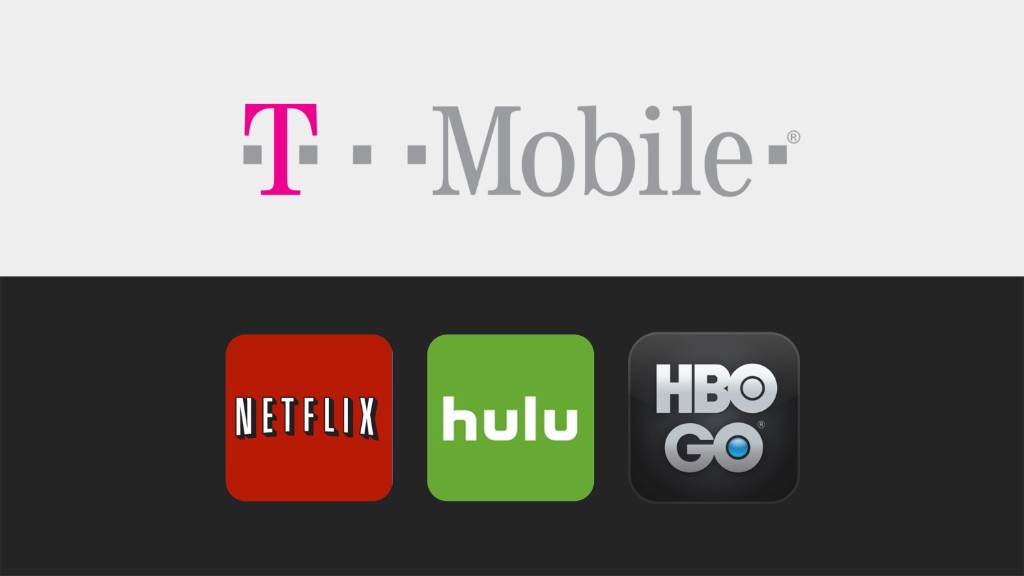
T-Mobile CEO John Legere might have gone a little too far when he tried to defend the company and its "Binge On" program on Thursday.
Legere took to Twitter (TWTR) to answer questions about the carrier's new feature, in which customers can stream unlimited videos without the data counting against their monthly plans.
But Binge On has been criticized by companies like Google and Internet advocacy groups, including the Electronic Frontier Foundation.
They have accused T-Mobile of "throttling," or slowing customers' video speeds. Some say this could violate the principles of net neutrality, which seeks to treat all Internet traffic as equal and free-flowing.
On Thursday afternoon, the EFF asked Legere on Twitter if Binge On "[alters] the video stream in any way, or just limits its bandwidth."
His two-part response began civilly, but ended with some very strong language.
"What Binge On does," he explained. "Is not only detect the video stream but select the appropriate bitrate to optimize to the video -- the mobile device. That's part A of my answer."
"Part B of my answer is, who the f--- are you anyway EFF?" he continued. "Why are you stirring up so much trouble, and who pays you?"
Instead of winning supporters to his side of the argument, Legere inspired mostly angry and finger-wagging comments.
EFF Activism Director Rainey Reitman wrote a blog post in response to the war of words, reminding people that they are "fighting for civil liberties in the digital world."
A few hours after the spat subsided, Legere went back on Twitter to clarify his comments.
Last year, the FCC passed a historic measure to more strictly regulate the Internet, based on the principles of net neutrality to provide equal opportunity for Internet speeds and access to websites.
The central question was whether network owners -- like Comcast or Time Warner Cable (TWC) -- could indiscriminately throttle certain content that runs on their cables. The FCC's answer: No.
-- CNNMoney's Jose Pagliery contributed to this report.

